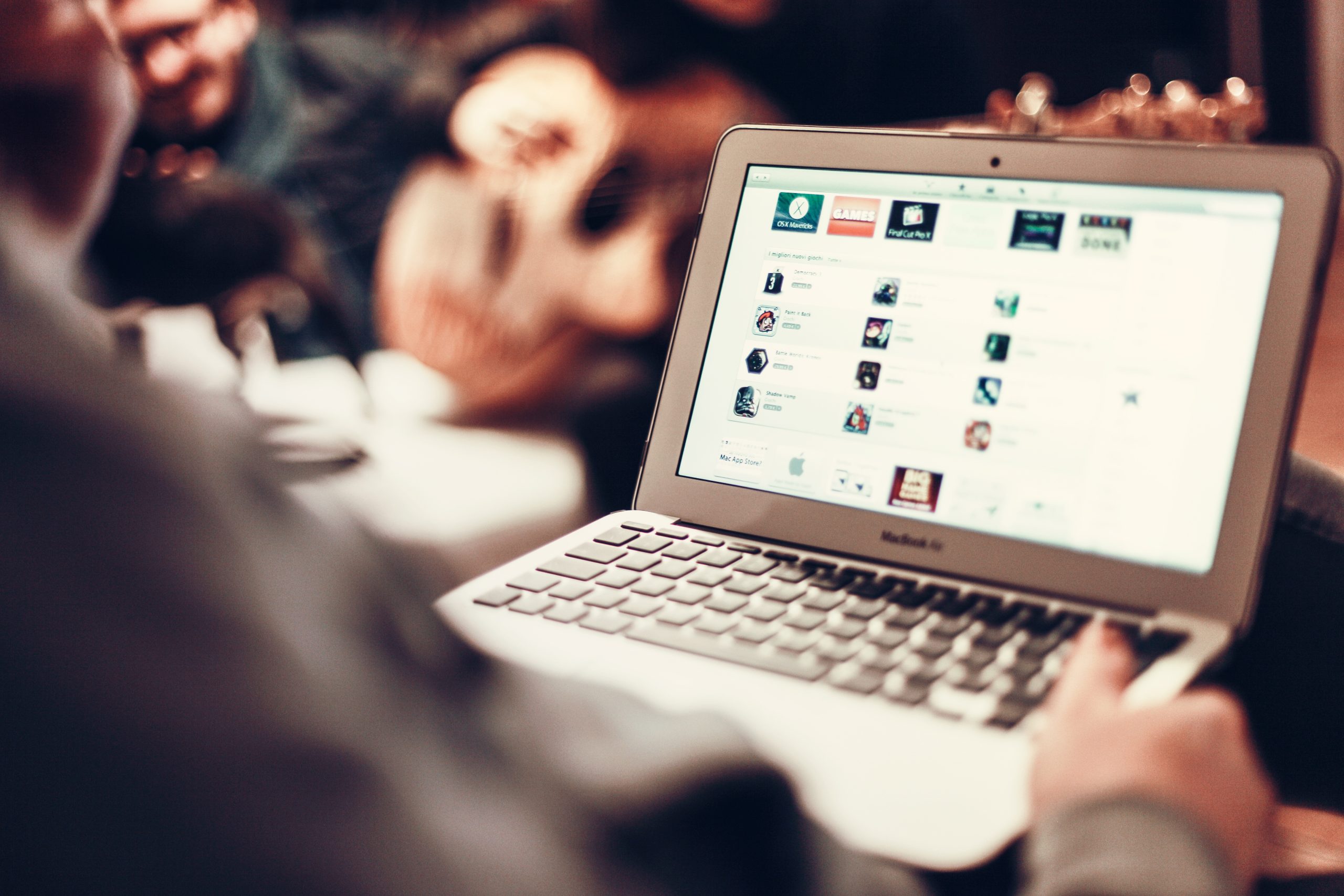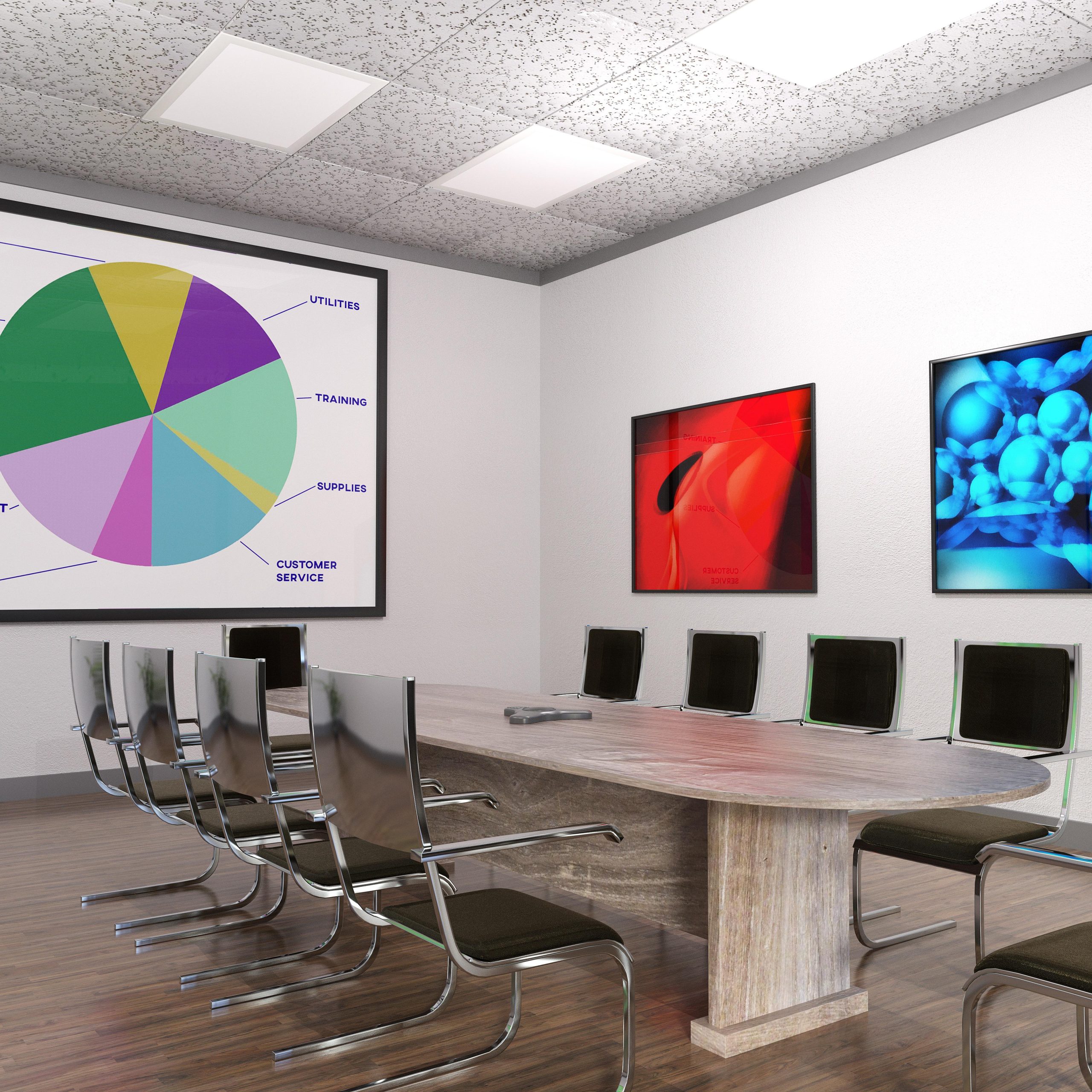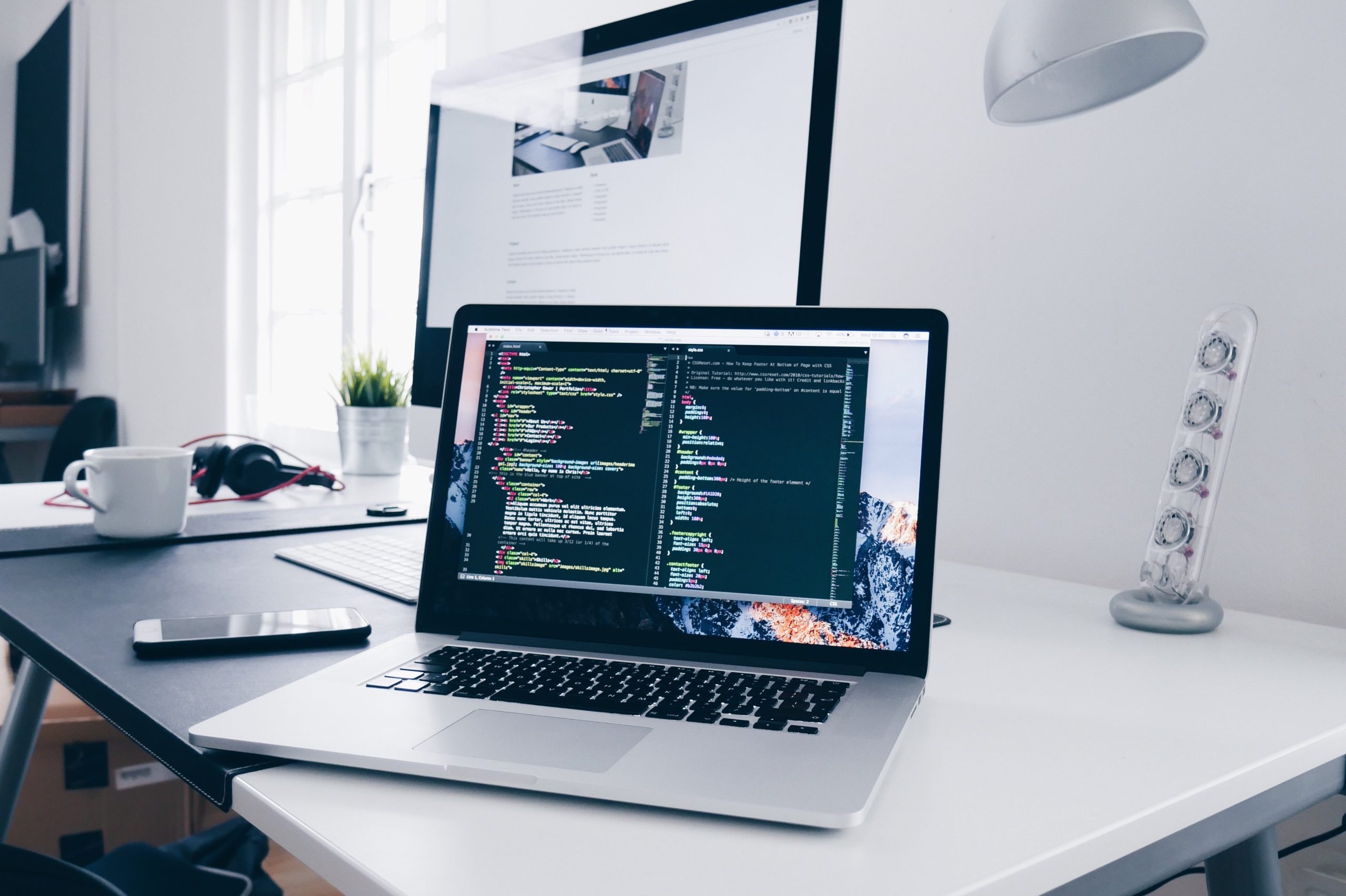Over the past two decades, social media has evolved from a simple tool for staying in touch with friends into a powerful force that influences almost every aspect of human life. It shapes how we communicate, how we consume information, how we define culture, and even how we view ourselves.
From TikTok trends to Instagram aesthetics, from political movements on Twitter (now X) to professional networking on LinkedIn, social media is no longer just a digital platform—it’s a cultural engine. But how exactly is it reshaping modern culture and society?
Let’s dive deeper.
1. Social Media as a Global Stage
Social media gives everyone a voice, regardless of geography, background, or social status. A single tweet can spark conversations across continents, and a short TikTok video can make someone famous overnight.
- Democratization of influence: Anyone can create content and reach millions.
- Breaking cultural barriers: Music, memes, and ideas travel instantly worldwide.
- Global awareness: Issues like climate change, human rights, and social justice gain visibility thanks to viral campaigns.
In many ways, social media has transformed the world into a giant, interconnected cultural stage.
2. Redefining Communication
Before social media, communication was linear and limited: you sent a letter, made a phone call, or met face-to-face. Today, interaction is instant, visual, and global.
- Memes as language: Humor, images, and viral content have become new forms of communication.
- Emoji and GIF culture: Emotional expression is now tied to digital symbols.
- Short-form storytelling: Platforms like TikTok and Instagram Reels changed how we consume narratives—quick, punchy, and attention-grabbing.
Communication is no longer just about words; it’s about shared cultural codes.
3. Influencer Culture and Digital Celebrities
Traditional celebrities (actors, musicians, athletes) once dominated cultural trends. But today, influencers hold massive sway.
- Micro-influencers: Everyday people with niche expertise can influence buying habits.
- Parasocial relationships: Followers often feel personally connected to influencers.
- Shifting advertising: Brands spend more on influencer marketing than on traditional ads.
The rise of influencer culture has blurred the line between fame and everyday life.
4. The Impact on Identity and Self-Expression
Social media has given individuals a stage to showcase who they are—or who they want to be.
- Personal branding: People curate their online presence like a portfolio.
- Self-expression: Fashion, music, art, and lifestyles spread through social platforms.
- Challenges and trends: From dance challenges to lifestyle aesthetics, identity is often tied to online participation.
But there’s also a darker side: constant comparison, pressure to perform, and the blurring of authenticity.
5. Social Media and Social Movements
One of the most powerful cultural shifts fueled by social media is activism.
- Hashtag activism: #BlackLivesMatter, #MeToo, #ClimateStrike—all movements amplified online.
- Real-time mobilization: Protests and movements spread quickly through platforms.
- Raising marginalized voices: Communities can share stories and experiences that mainstream media once ignored.
Social media has become a megaphone for change.
6. Politics, Power, and Public Opinion
Politicians and governments use social media not just for campaigns, but also for shaping public narratives.
- Direct communication: Leaders bypass traditional media and speak directly to citizens.
- Echo chambers: Algorithms can reinforce beliefs and polarize societies.
- Misinformation: Fake news spreads faster than fact-checking can keep up.
This dual role makes social media both a tool for democracy and a challenge for truth.
7. The Economics of Culture
Social media doesn’t just shape ideas—it also drives economies.
- Creator economy: Millions of people make a living through content creation.
- E-commerce integration: Platforms like TikTok Shop and Instagram Shopping blur the line between culture and commerce.
- Viral marketing: Trends dictate what products sell and which brands succeed.
Culture is now a marketplace, and attention is the currency.
8. The Psychological Impact
Social media deeply affects mental health and collective psychology.
- Validation culture: Likes and shares act as dopamine triggers.
- FOMO (Fear of Missing Out): People feel pressure to stay constantly connected.
- Community and connection: For many, social media provides a sense of belonging.
It’s both empowering and exhausting, offering connection while amplifying anxiety.
9. The Future of Social Media in Culture
What’s next? Social media will continue shaping culture in evolving ways:
- Virtual reality communities: Platforms like Meta’s Horizon Worlds may redefine digital social life.
- AI-generated culture: Music, art, and writing created by AI will blend into mainstream media.
- More regulation: Governments will impose stricter rules on misinformation, data use, and algorithm transparency.
- Cultural hybridization: As global communities mix, new cross-cultural trends will emerge.
Social media isn’t slowing down—it’s only getting more integrated into daily life.
10. Final Thoughts
Social media is no longer a side note in culture—it is culture. From the way we communicate to how we shop, protest, and entertain ourselves, it’s woven into the fabric of society.
It amplifies voices, creates movements, drives economies, and transforms identities. But it also brings challenges: misinformation, polarization, and mental health concerns.
The role of social media in shaping modern culture and society is undeniable. The real question is: how do we, as individuals and communities, choose to use it?
Because while social media defines culture, it’s still people who define meaning.
other articles
How to Balance Learning and Working: Time Management Tips
Learning from Mistakes: Why Failure Is the Key to Success




